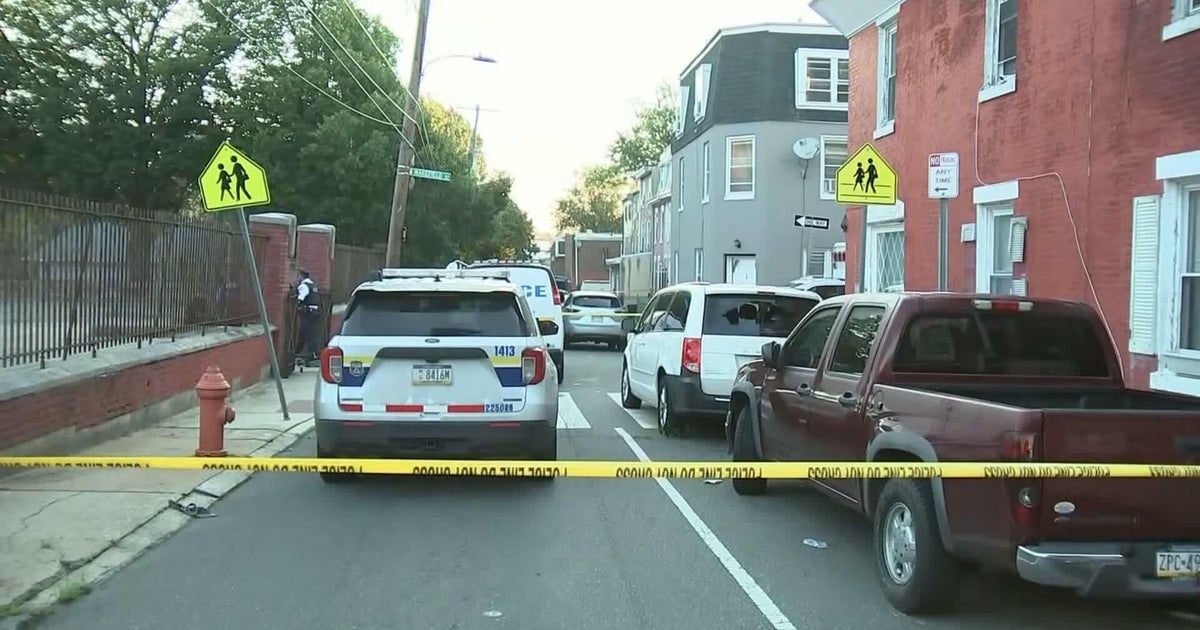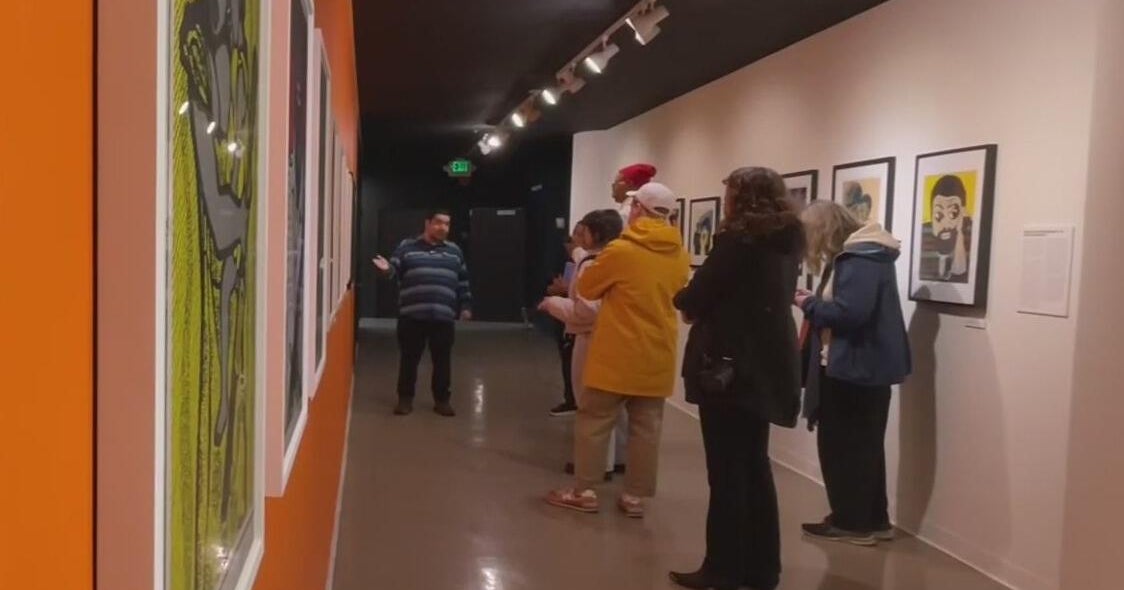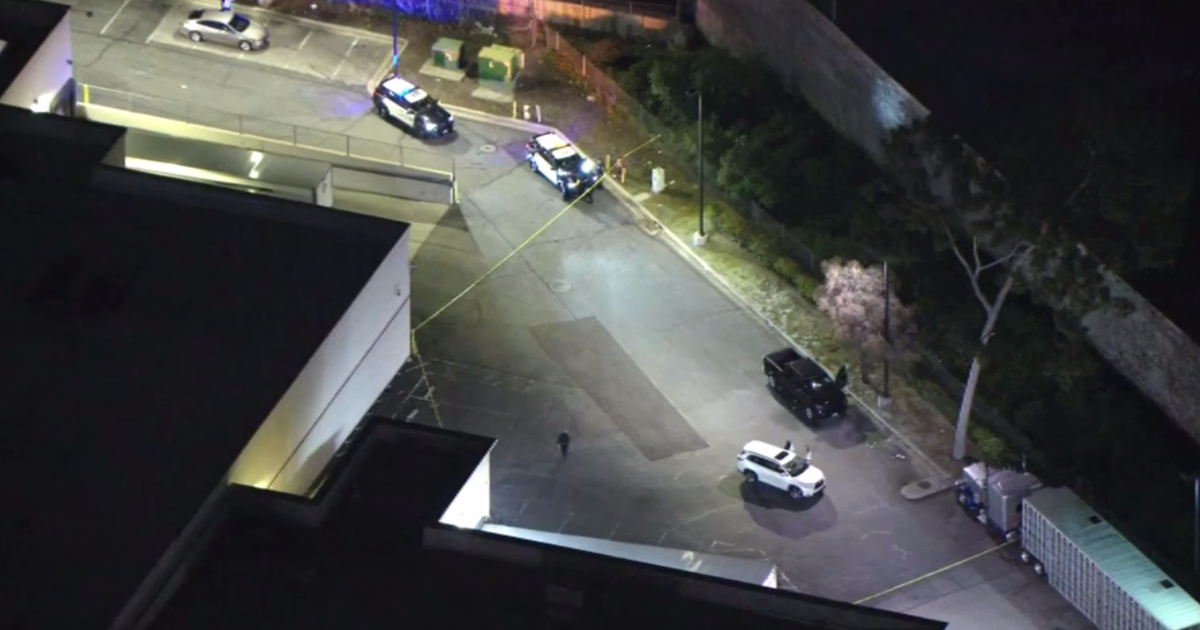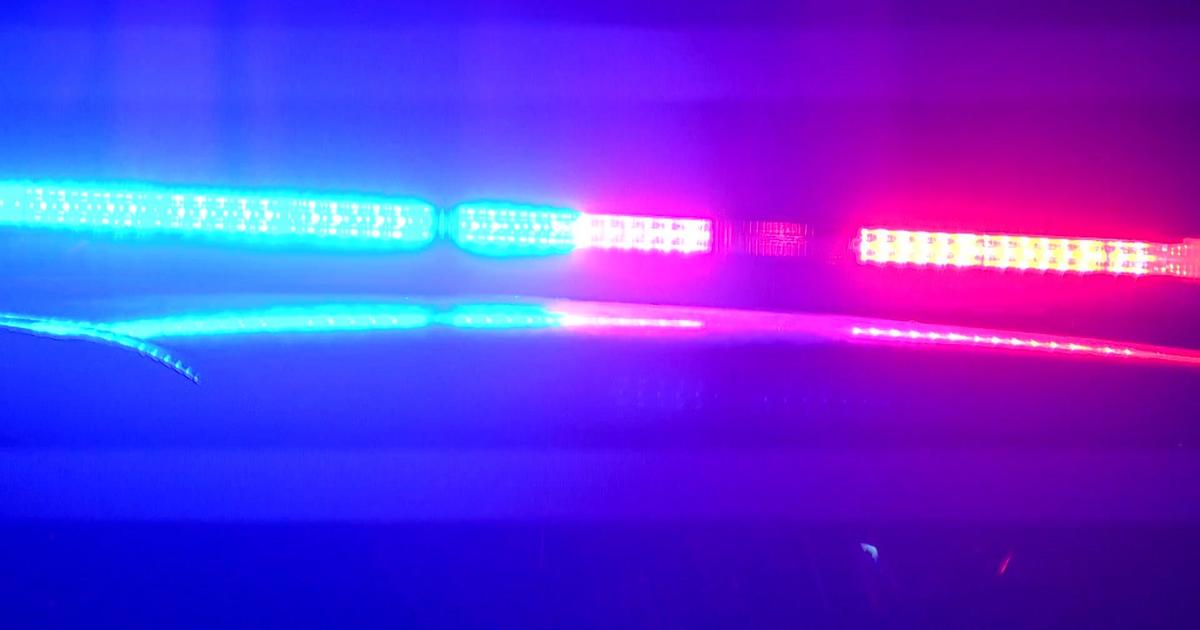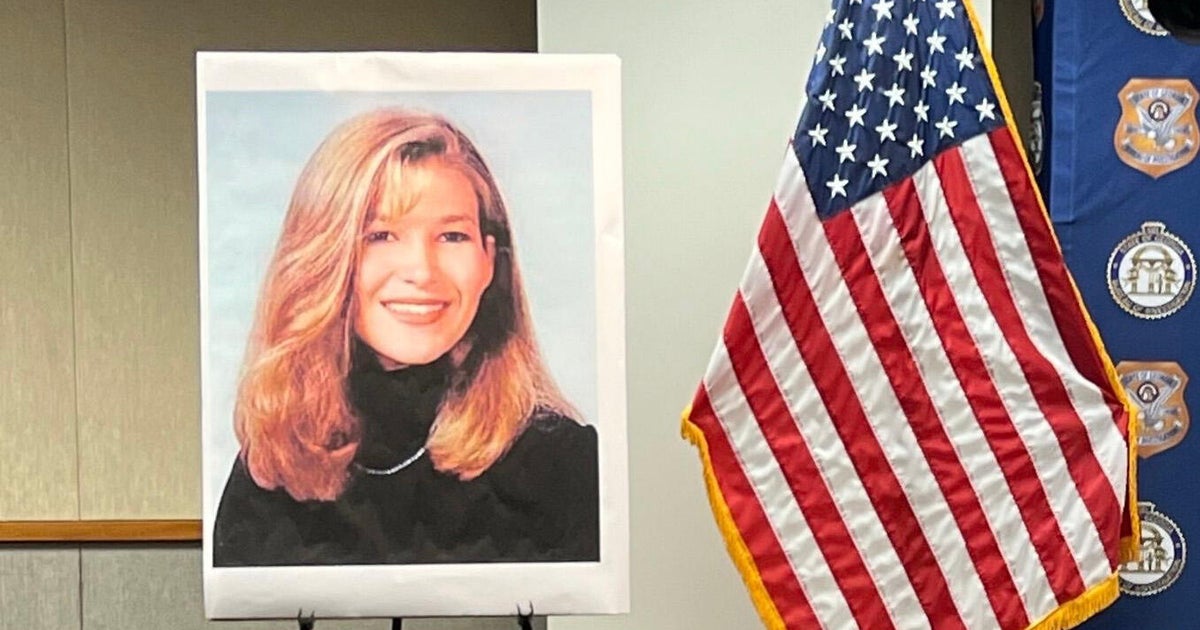Zebra Murders: Remembering Fear That Gripped San Francisco 40 Years Later
SAN FRANCISCO (CBS SF) -- For 179 days, San Francisco was gripped in fear.
A crime wave involving random killings on the streets -- white victims targeted by black suspects.
A police task force was formed to hunt down the killers of what became known as the "Zebra murders." So nicknamed for the radio band assigned to the case.
The first victims were a Telegraph Hill couple out for an evening walk. They were snatched off the streets and pushed into a waiting van.
Retired San Francisco Police Sgt. Lou Calabro was on patrol that night in October, 1973. "They molested her, they raped her and they eventually decapitated her, ' he remembers. The husband survived.
"Somebody pulled out his gun and shot me," said Art Agnos. The future mayor was their sixth victim. He was shot after attending a community meeting on Potrero Hill. The killers were tied to a militant Black Muslim group known as the "Death Angels."
"In order to be initiated into murderous group," said Agnos, " they had to kill a white person."
His spleen, colon and kidneys were ripped apart. It took more than a year for Agnos to recover.
By Christmas, there were more than a dozen attacks -- one night five people were shot in two hours. A woman in a laundromat -- others just walking on the streets.
"The city was in panic. People were scared going out at night, " said retired homicide inspector Gus Coreris. He headed the task force to find the killers.
Then Mayor Joe Alioto ordered a city wide dragnet. "Extraordinary" measures, he said were necessary. All black men between the ages of 20 and 30, five feet, nine inches to six feet tall, and medium build, would be stopped and questioned.
And those questioned got a "zebra check card" to prove to other cops he's been "cleared."
The city was accused of civil rights abuse. The Rev. Cecil Williams of Glide Church angrily pointed out the lack of random stops of white suspects when the Zodiac killer terrorized the Bay Area six years earlier.
A federal court ended the stops. What finally ended the stops: composite sketches. A "Death Angel" member Anthony Harris, saw himself in the drawings and panicked.
Fearing for his life, and seduced by the $30,000 reward money, he called the cops.
"He laid everything out to us," said Coreris. "Names, places. crimes committed. He opened up a pandora's box."
Four Zebra suspects were convicted for 16 murders and remain in prison on life sentences. Harris was put in witness protection.
40 years later, the case is rarely talked about -- almost forgotten.
"This was such a racially-tinged senstive issue, " explains Agnos, " a radical sect of black Muslims killing white people. It's something this country is not comfortable discussing or remembering. So it sits on the sidelines because of that factor."
But it continues to haunt the memories of survivors and families of murder victims.
ALSO READ:
